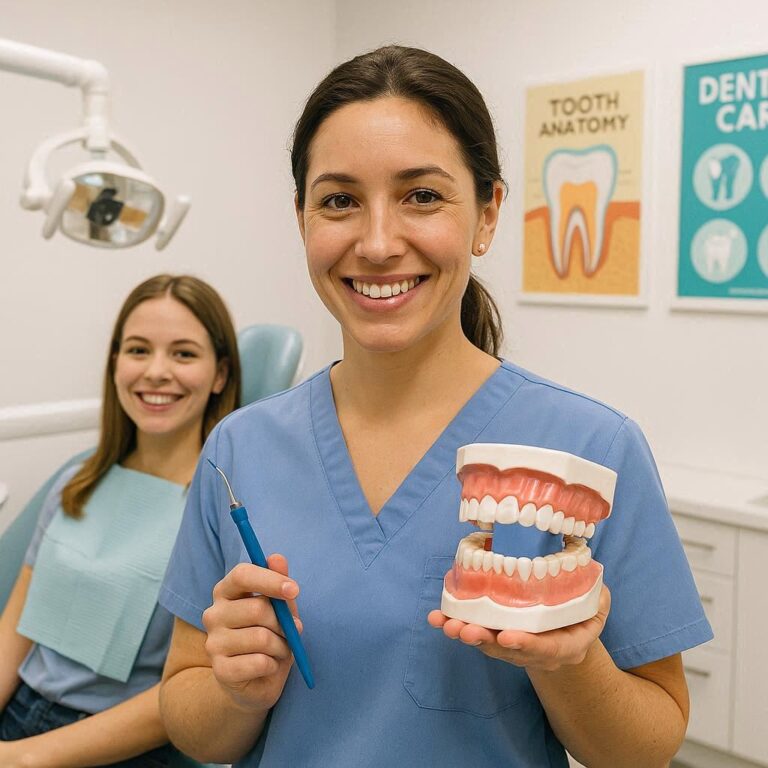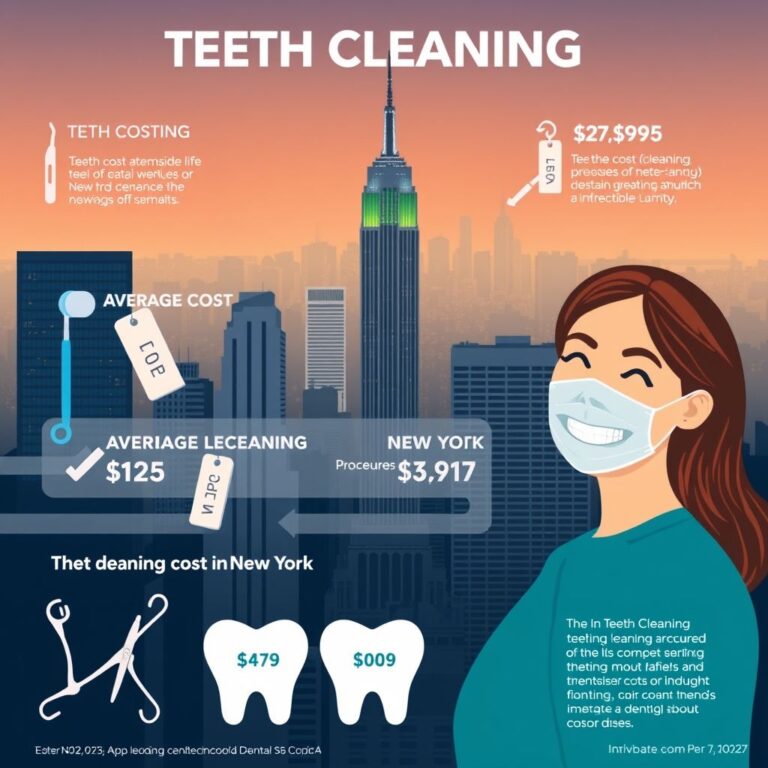The Comprehensive Guide to the Cost of Cleaning Teeth for Gum Disease Treatment
Gum disease (periodontal disease) is a silent epidemic affecting nearly 50% of adults over 30, according to the CDC. Left untreated, it can lead to tooth loss, bone deterioration, and even systemic health issues like heart disease and diabetes. One of the most effective ways to combat gum disease is through professional dental cleaning. However, many patients hesitate due to uncertainty about costs.
This comprehensive guide explores the financial aspects of gum disease treatment, breaking down cleaning costs by procedure, location, and severity. Whether you’re considering a routine cleaning or deep periodontal therapy, this article will help you make an informed decision while managing expenses.

2. Understanding Gum Disease: Causes and Stages
Gum disease progresses in stages:
-
Gingivitis (Early Stage):
-
Symptoms: Red, swollen gums, bleeding when brushing.
-
Reversible with proper oral hygiene and professional cleaning.
-
-
Periodontitis (Moderate to Advanced):
-
Symptoms: Gum recession, deep pockets, loose teeth.
-
Requires deep cleaning (scaling and root planing) or surgery.
-
3. Why Professional Teeth Cleaning is Essential for Gum Disease
While brushing and flossing help, professional cleaning removes tartar (hardened plaque) that harbors bacteria. Without treatment:
-
Bacteria spread below the gumline, destroying bone.
-
Tooth loss becomes inevitable.
-
Systemic inflammation increases risks of heart disease and stroke.
4. Types of Dental Cleaning Procedures for Gum Disease
A. Routine Dental Cleaning (Prophylaxis)
-
Purpose: Preventive care for healthy gums.
-
Cost: $75–$200 (without insurance).
B. Scaling and Root Planing (Deep Cleaning)
-
Purpose: Removes plaque/tartar below the gumline.
-
Cost: $200–$400 per quadrant (full mouth: $800–$1,600).
C. Laser Gum Therapy
-
Purpose: Minimally invasive gum treatment.
-
Cost: $1,000–$4,000 (depending on severity).
D. Periodontal Maintenance Cleaning
-
Purpose: Follow-up care after deep cleaning.
-
Cost: $115–$300 per visit (every 3–4 months).
5. Factors Influencing the Cost of Gum Disease Treatment
| Factor | Impact on Cost |
|---|---|
| Severity of Gum Disease | Early-stage (cheaper) vs. advanced (expensive) |
| Location | Urban areas (higher) vs. rural (lower) |
| Dentist’s Expertise | Specialists (periodontists) charge more |
| Additional Treatments | Bone grafts, antibiotics, or surgery add costs |
6. Average Cost Breakdown of Gum Disease Cleaning
Cost Comparison by Country (USD)
| Country | Routine Cleaning | Deep Cleaning | Laser Therapy |
|---|---|---|---|
| USA | $75–$200 | $800–$1,600 | $1,000–$4,000 |
| UK | £50–£100 | £400–£800 | £800–£2,500 |
| Canada | CAD 100–200 | CAD 600–1,200 | CAD 1,200–3,500 |
| Australia | AUD 120–250 | AUD 700–1,500 | AUD 1,500–4,000 |
Insurance Coverage and Financing Options
-
Dental insurance typically covers 50–80% of preventive cleanings.
-
Medicare (USA) does not cover routine dental, but some Medicaid programs do.
-
Payment plans and dental savings plans can reduce out-of-pocket costs.
7. Long-Term Costs of Untreated Gum Disease
Ignoring gum disease leads to:
-
Tooth extraction & implants ($3,000–$6,000 per tooth).
-
Bone grafts ($500–$1,200 per site).
-
Increased medical bills from linked conditions (diabetes, heart disease).
8. How to Reduce the Cost of Gum Disease Treatment
-
Preventive care: Regular cleanings avoid costly treatments.
-
Dental schools: Low-cost care from supervised students.
-
Negotiate payment plans with your dentist.
9. FAQs About Gum Disease Cleaning Costs
Q: Does insurance cover deep cleaning for gum disease?
A: Partial coverage (usually 50–80%) if medically necessary.
Q: How often should I get a periodontal cleaning?
A: Every 3–4 months for maintenance after deep cleaning.
Q: Is laser gum cleaning worth the cost?
A: Yes, for severe cases—faster healing and less discomfort.
10. Conclusion
Gum disease cleaning costs vary based on severity, location, and treatment type. Early intervention saves money long-term. Explore insurance options, discounts, and preventive care to manage expenses. Your oral health is an investment—prioritize it today to avoid costly procedures tomorrow.


